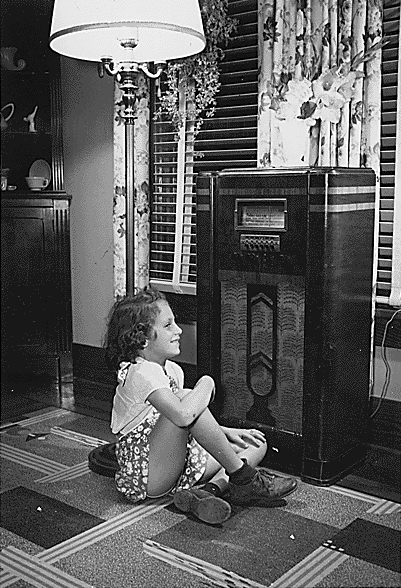Thousands of geniuses live and die undiscovered – either by themselves or by others.
~ Mark Twain
I am passionate about social media. That’s my one and only disclaimer. If, during conversation, I sense an opening, a teachable moment if you will, then I will attempt to convince you to set up a Twitter account. Depending on your business, I may steer you in the direction of a Facebook Page. So, yes, I have been known to get on my soap box.
Not often, however, do I try to make blogging converts. Why? It does take quite a bit more energy and dedication to blog than to converse in 140 characters or upload a cute photo for a caption contest.
But do I believe in blogging any less? No. Blogging is a very important to your business tool belt. In all likelihood you should be doing it.
Why? Here are five reasons right off the top of my head.
1. Blogging Gives You Street Cred as an Expert
Blogging allows you to position yourself as an expert. People tend to trust written information just because it is printed/published. Don’t believe me? Think of all the emails that people forward to you that should have been checked at snopes.com first.
My caveat with regard to being an “expert” is that you can become a trusted advisor “among your circle of influence.” Everyone has one. Humans are social; we belong in groups. There are varying degrees of influence, of course. Do people in your social group look to you for advice on parenting, which movie to see next week, or how to fix their leaky faucet?
You may never reach the heights of popularity of Zig Ziglar or Guy Kawasaki, but you do have influence. Find out what it is and start building up your street cred. Continue reading





